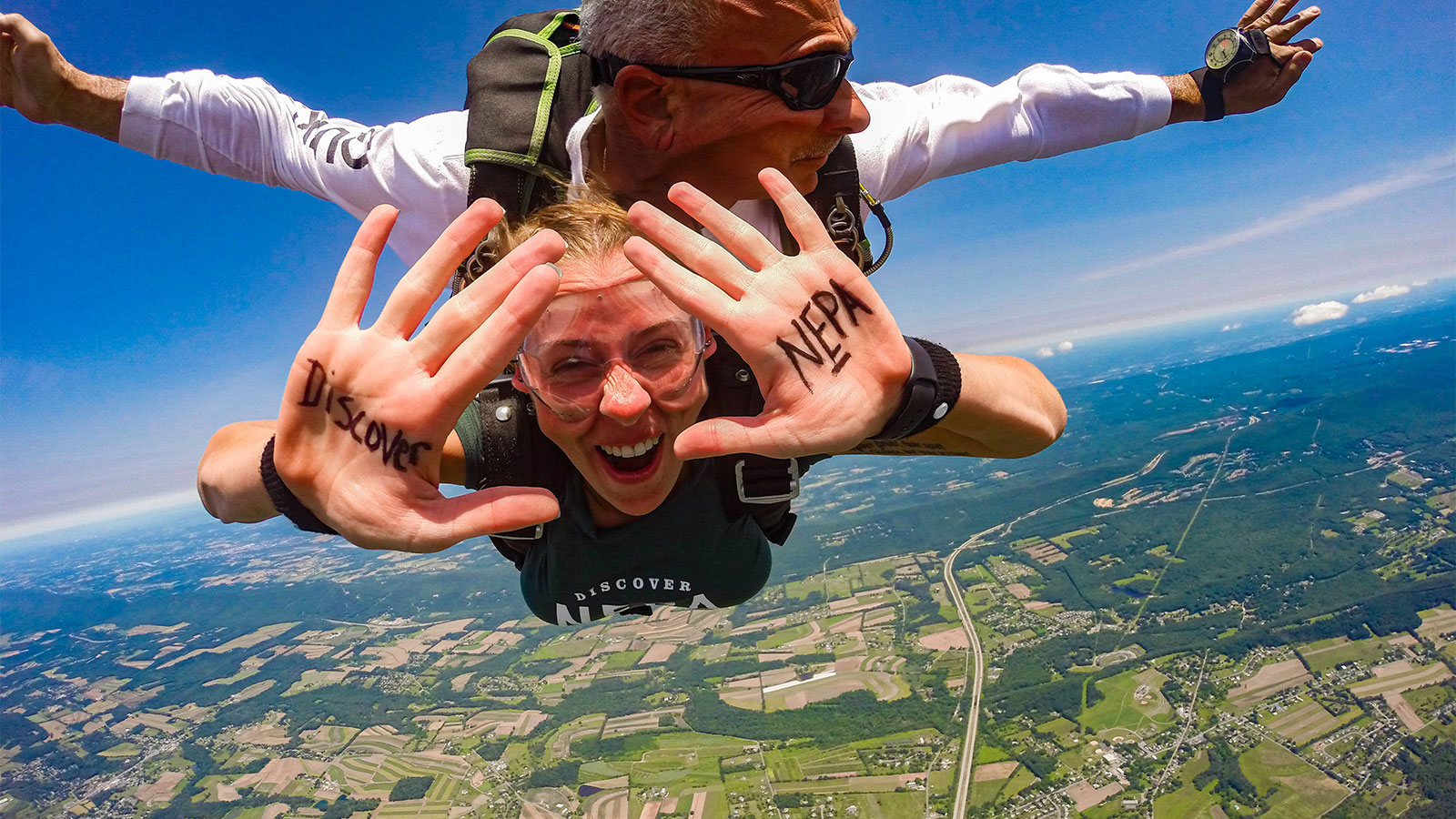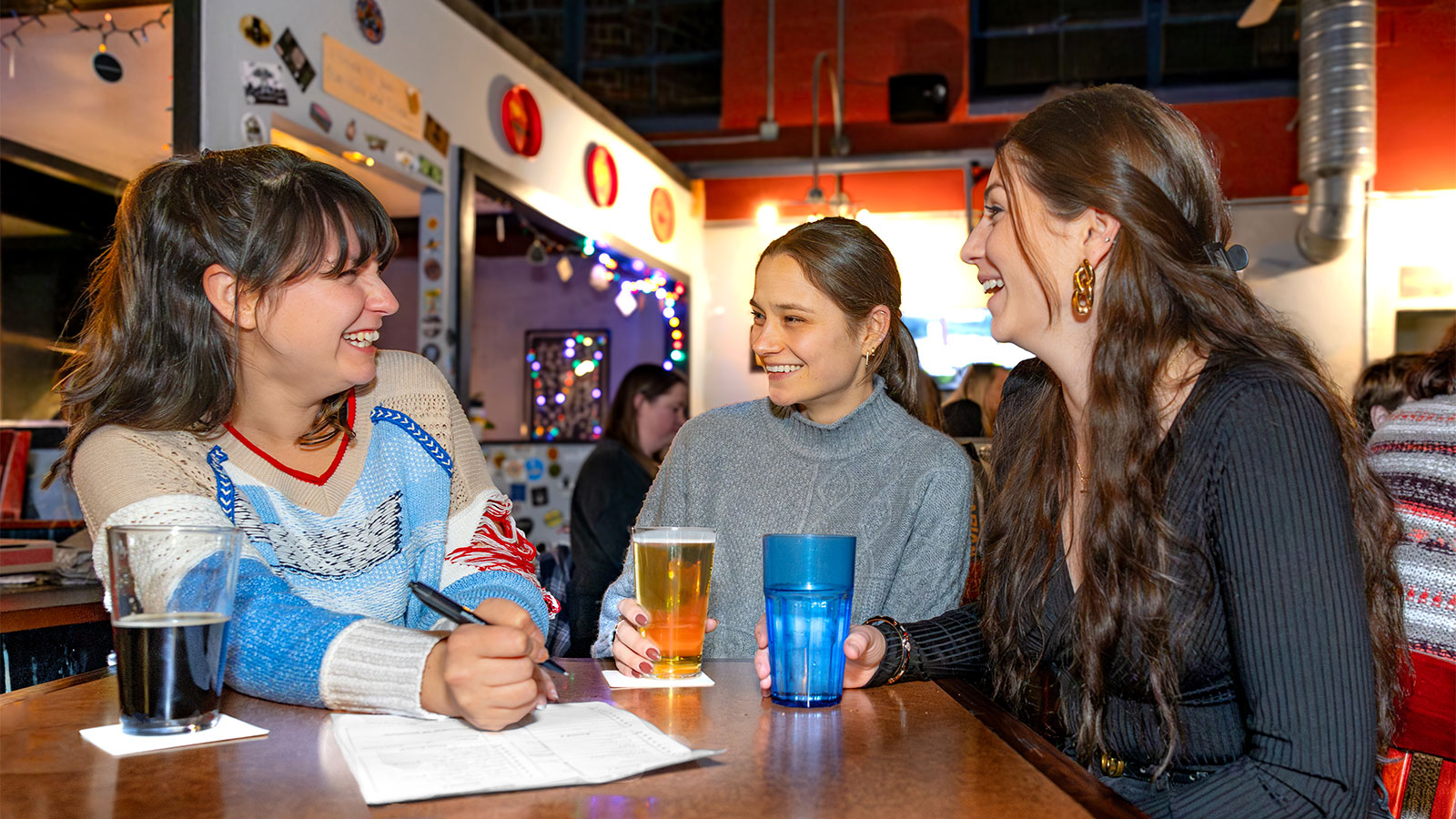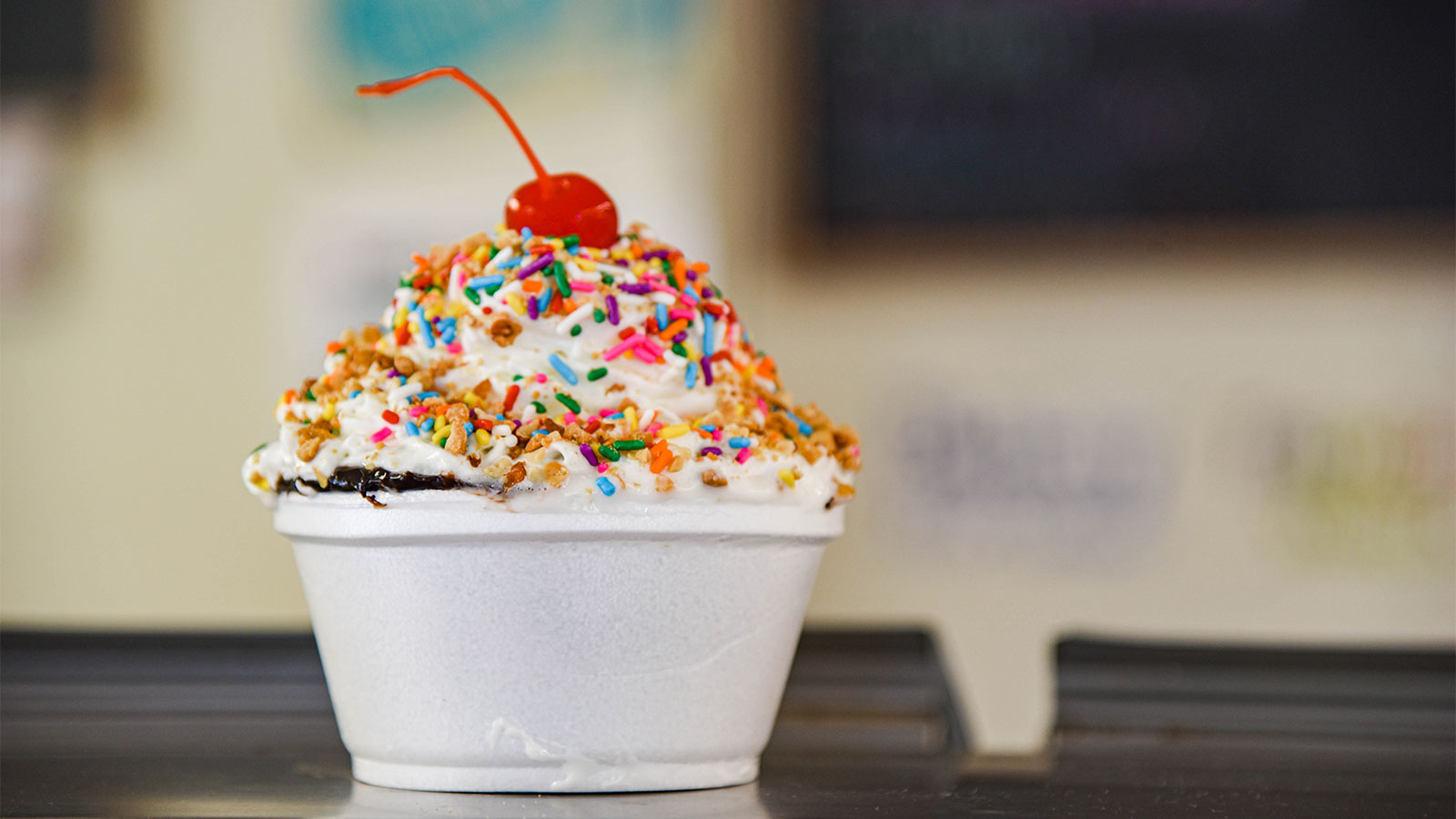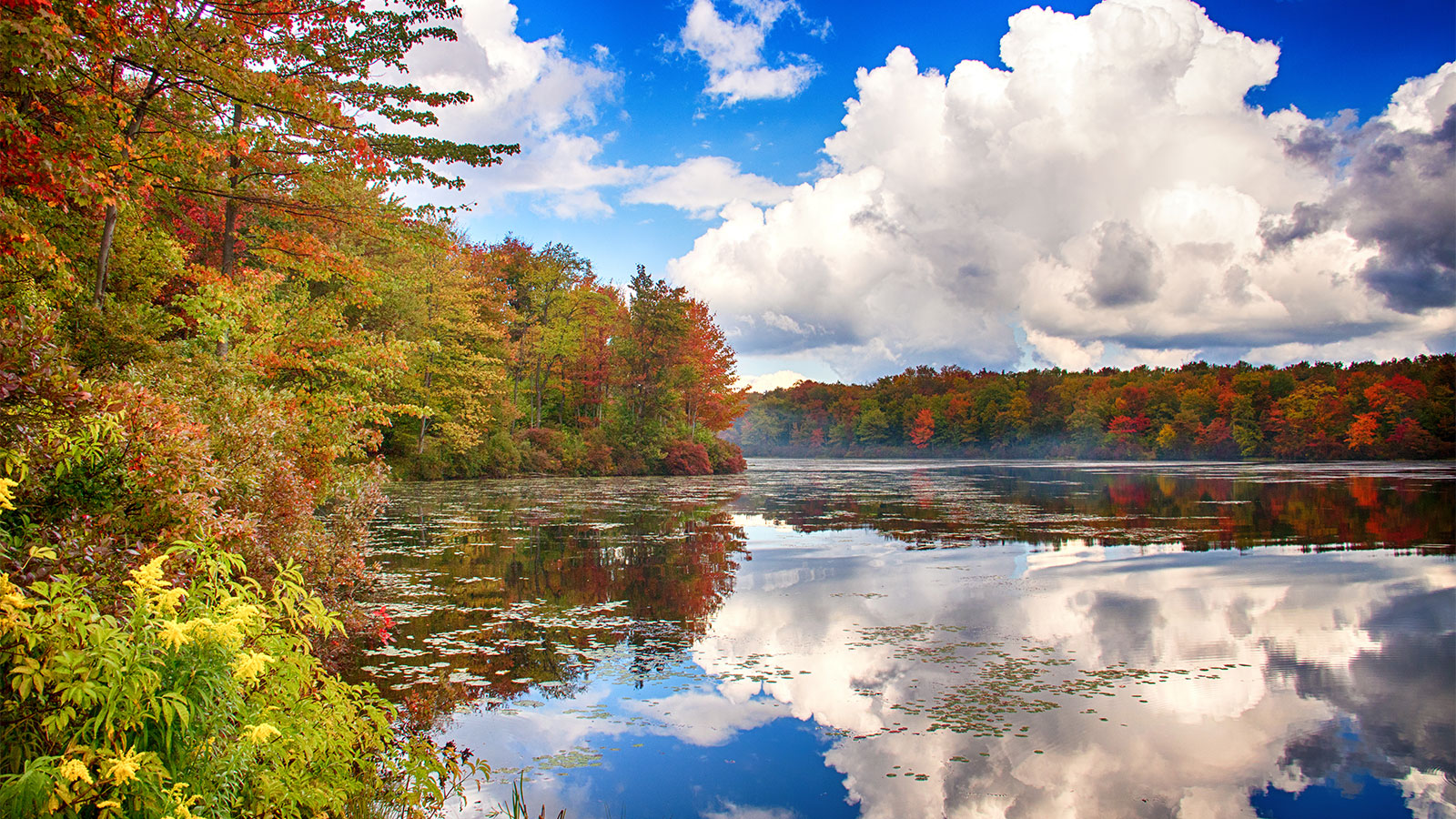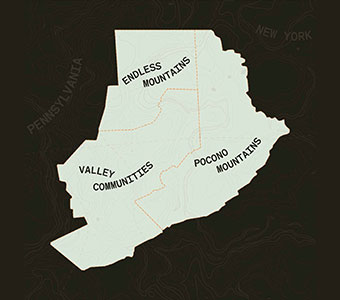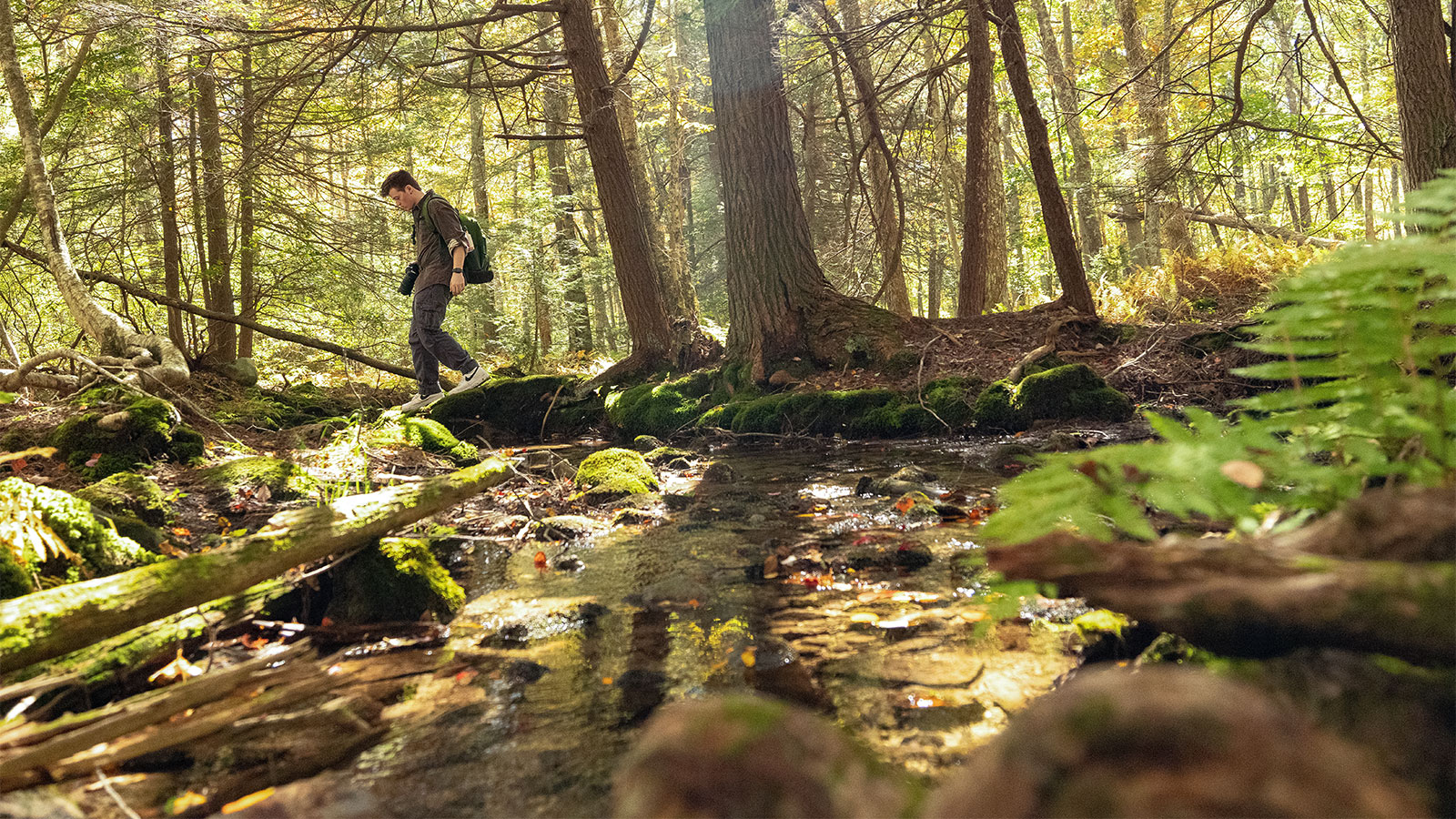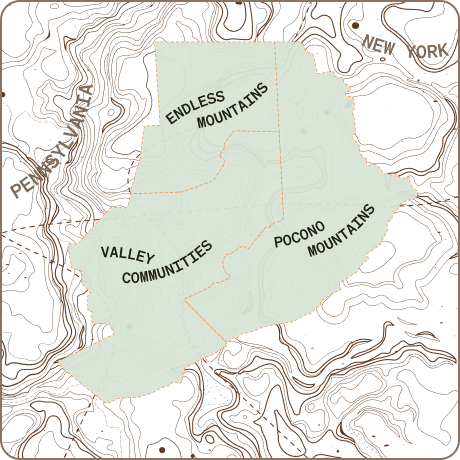New President Embraces University’s Mission and Tradition, Sets Sights on Readying Workforce for World Beyond 2022
Quietly, last summer, Misericordia University in Dallas welcomed the 15th President in the school’s 98-year history. Daniel J. Myers, Ph.D. assumed the helm on July 1. Dr. Myers brings with him a wealth of experience in both administrative and teaching roles. He’s also renowned throughout higher education for his extensive, award-winning research in the study of collective behavior and social movements. Misericordia and its Board of Trustees aim to tap Dr. Myers’ decades of practical experience and study in the Social Sciences to direct the university through the recurrent turbulence of the COVID-19 pandemic and to lead the revered school well past its upcoming century mark. Dr. Myers succeeds Dr. Kathleen Owens, whose presidential term concluded on June 30, 2021.
NEPA’s newest university President was born in Xenia, Ohio, and he hails from, well, just about everywhere else. “When I was growing up, we moved all over the place,” Dr. Myers says. The son of a Baptist minister has lived in cities and small towns throughout the Northeast and Midwest. Most notably though, he spent a good part of his formative youth in Pittsburgh. There, in the Steel City, in the era of Terry Bradshaw, Lynn Swan and Mean Joe Green, he fell in love with football. “From that point on,” Dr. Myers continues, “football has always kind of stuck with me.” That’s quite the understatement when viewed against his college resume.

An enduring career in academia at a glance.
Dr. Myers earned a B.A. in Political Science and an M.A. in Higher Education/Student Affairs from Ohio State University. Soon after, he transitioned from a Buckeye to a Badger as he took on more graduate work at The University of Wisconsin-Madison. He finished with an M.S. and a Ph.D. in Sociology. From there, he began his career in teaching, research and administration at The University of Notre Dame (You know, another little football school).
After nearly two decades at Notre Dame, Dr. Myers enjoyed three years as Provost at Marquette University in Milwaukee. Then, prior to taking the top job at Misericordia, he held a professorship and Provost position at American University in Washington D.C.
Throughout his long tenure in postsecondary education, Dr. Myers filled his spare time jamming in a handful of rock bands. One of the bands, even, goes way back to the eighth grade. “I’ve been playing guitar in this band, with these guys for 40 years,” he beams. And he’s even put together a faculty band here at Misericordia. “We haven’t played out anywhere yet, but we’re getting close.” He continued, “We got enough songs under our belt. I think we can do it now (laughs).”
When he’s not melting amps with blaring classic rock guitar solos, or teaching, or leading and molding young minds, Dr. Myers also enjoys a bit of an obsession for running. “This might mark me as being a little bit crazy, but I have this weird running streak going,” he notes, casually. And by “weird running streak,” what he means is – “I have run at least a 5K (3.1 miles) every day for the last ten years, well, on January 31, it will be exactly ten years.” An unusual quirk indeed, but it’s one that, nonetheless, speaks volumes about dedication, perseverance and drive.
We recently sat down with President Myers to learn more about his dogged determination, his commitment to quality, community-inspired education and his newfound love for Northeastern Pennsylvania. That also included a little bit of pizza talk. Check it out.
Here you are, 6 months in. You’ve made the transition from D.C. by way of a long stretch in the Midwest. So far, how does NEPA compare?
Well, I was previously in D.C., and it’s certainly different. I’ll start there (laughs). D.C. is sort of an anonymous town in many ways. And that’s partially because it’s a big city, but also because the population there is very transitory. People come and go with different agencies and administrations. And there’s not that sense of rootedness, which is just so powerful here. I mean everyone you talk to knows other people you know. And this one’s related to that one. There’s this whole tightly-woven community. It’s really great. And it’s nice to feel like you’re a part of a community where people really care about each other, and they’re really involved in each other’s lives. So, that’s been one of the things that really jumped out at me here, and I’ve found it refreshing. I truly like it here.
Was it an easy change for you?
Yeah. When I was growing up, we moved all over the place. So, we lived in big towns and little towns. We lived in farm towns where there was like 2,000 people, and we lived in Pittsburgh. So, from a young age, I’ve learned to feel comfortable in many different kinds of environments. But yeah, it’s been really nice to come to a place that’s been nothing but welcoming. I remember when I first got here, they put a billboard up on the Cross Valley Expressway. It was just to kind of say welcome to town, you know? And I remember we were eating at III Guys on the Dallas Highway, and we were working on the house, so we were in t-shirts and all sweaty. And someone comes over and says, “Are you the new President at Misericordia?” It was a little surprising, but also really nice. And that’s been happening all over. People will stop me and ask about how things are going at the university and what we’re working on and all that. So, it’s been really cool to only be here for a short time and feel that sense of connectedness. It’s been really nice.
What are three things you’re absolutely loving about Northeastern Pennsylvania right now?
Well, I do love the natural environment that’s around us here in the Back Mountain. It’s just beautiful. I mean, the hills make it a little challenging to run, but it’s absolutely gorgeous. And over the last five or six years, I’ve been living in a concrete jungle – in D.C. and in Milwaukee. So, it’s been great to have nature kind of surrounding you.
The second thing would be the people. They have been so welcoming. It’s just been absolutely wonderful to come in and become an immediate part of this community. I think that’s just fantastic.
And then I think that this University is something really special. It really is. I mean, I discovered it kind of by accident, because I was writing a book about how colleges and universities get their students through the finish line to get their degrees. Some do much better at that than others. So, I devised a way of ranking schools based on how well they did with that. And Misericordia just happened to come up at number two in the rankings. That’s in the whole country – the second-best ranking in terms of their performance with their students. And some schools just have high graduation rates because their students are very privileged and they’ve had excellent access to education. But there are some schools that do well with everyone, and that’s what I was trying to get at in the book. And Misericordia is right at the top of the list. Honestly, I didn’t really know that much about Misericordia at all until I started working on that project. And I took my top ten in the rankings and I started to investigate them a little more. Then the Presidency opened up here, and I thought maybe the universe is trying to tell me something (laughs). This is actually one of the things, in my life, that I’ve felt most called to do – to come here and be a part of this. It’s just a wonderful community of faculty and staff, and they’re really invested in the students in a way that you don’t see at many places. So, that’s number three for me.
I’d imagine that someone with your extensive background and experience would have the luxury of choice regarding career destination and trajectory. Did you choose Misericordia?
I did. It started off, when I was thinking about a Presidency, I thought that I really wanted to go somewhere that had the right heart, that had a mission that mattered to me, that was really trying to do something special and really trying to elevate students and take them to a place where they could really do something more with their lives. I wanted to find a place that was trying to mold students into good, civic participants in our country and in our local communities. So, I tried to see if they had a mission that matched what my values were. And then I tried to look for signs that they were actually trying to live that mission. Because, every place has a mission, but do they really live it? In the year I was looking, there were a lot of presidencies open, and my list of “no’s” was a lot longer than the list of schools where I believed they had something like this going on. Misericordia was on that short list because of the Sisters of Mercy – that driving mission, their charisms – it’s really apparent in how this place does its business. And when I was going through the interview process, I was probably driving everybody crazy because I was always needling them about how they saw their missions operating on a day-to-day basis. I would always ask for stories and examples, and people here, they had them. They were ready. They really are living it. That meant everything to me. And that’s what leads to their excellent record with students.
Anyone that pays attention to higher education in NEPA understands the depth and breadth of the potential we have here in our students. Is that something that you picked up on in your first few months?
Oh yeah. The students here definitely have a certain grittiness, which is another thing that helps them get through. You know, they’re ready to take on a challenge. That’s sort of our brand, too. We’re endlessly supportive of students, but we make sure that we’re also challenging them. And they’re proving that they’re up for the challenge every day. We see that at all the other schools around Northeastern Pennsylvania as well. This is kind of a little hot spot for higher Ed. – with us, King’s, Wilkes, Scranton… You know? You can just keep going down that list. There’s quite a number of great schools in this compact area. And you see that same toughness in their respective student bodies as well. We’re kind of in a special environment here with respect to education.
Where do you see NEPA heading in the future?
Well, I’m still learning, but I spend a lot of time talking to local business leaders and educators and so on. And I get the feeling that we’re in a moment right now where we could probably do a lot more. And as much as Covid has been damaging in a lot of ways, it’s also taught us how to do a lot of things differently. I just met with people from the Greater Wyoming Valley Chamber not too long ago, and they told me that our region has recently come up in a national survey as one of the best places to live and remote work from. And that’s now a big part of our lives, right? I think that presents us with a great opportunity. We’ve got things lined up here at Misericordia to try to understand and meet our market more. And one of those things is a Supply Chain Logistics program. That’s an area that’s emerged through all of this where we realize we’re going to need some new expertise, or new perspectives. Just look at where we sit geographically. We’re in the middle of a major supply chain crossroads here. We have a whole warehousing and distribution industry for us to plug into and learn in a way that’s beneficial to all of us. So, there are things like that we see emerging, and we’re going to try to participate in all those things as much as we can, because we see ourselves as a great resource for helping to prepare that workforce.
How would you define Misericordia’s role in NEPA’s future?
Universities can play a lot of different roles, and, of course, preparing a workforce is one of the most important. We also have a very strong healthcare emphasis here in our College of Health Sciences and Education. That’s continuing to be just a massive need out there in the world. So, we’ll continue to grow and expand our programs to help meet those needs. And that’s central to what we do, but universities can also play a larger role in convening people to think about the problems and challenges we’re facing in our communities. One thing that we’ve learned this year is that new students, who are first-year students this year, are struggling more than similar students had in the past. And that has a lot to do with them experiencing their senior years of high school under Covid. We’re finding that they aren’t quite as prepared in several different ways for the college experience. So, we’re going to have a little conference here in January, and we’ve invited other local schools to join us. We plan on discussing how we meet the needs of those students that are different from the ones that came before them. We’re also going to convene some healthcare providers and foundations and schools to talk about how we can work together to increase the overall supply of healthcare professionals. Universities, in a sense, are neutral sites where we can pull people together and have those conversations and be a catalyst for other activity out in the community that we can coordinate and collaborate on to improve the standing of everyone.
Finally, nobody gets off the hook without answering this one particular question. You’ve been here over six months. You’ve had to try some famous NEPA pizza by now. Do you have a favorite?
I refuse to answer that question on the grounds that it might incriminate me (laughs). I absolutely love pizza. I’m a huge pizza fan. So, it’s neat to be in a new area where there’s a new style, like Old Forge pizza. I haven’t had much pizza like that in my life. It’s really good. It’s also funny because, one of the first meetings we had here at the school, it was a Zoom call with all the staff, and I innocently asked, “What’s the best pizza place around here?” Oh my. The whole chat thing on the video just blew up. Everybody had different recommendations. So, we turned it into a little activity where we’ve been going around and doing pizza tastings. It’s been a lot of fun.
Fair enough, Mr. President… fair enough.
Be sure to stay tuned to DiscoverNEPA for our upcoming, exclusive peek behind the scenes at Misericordia University’s brand new, state-of-the-art Frank M. and Dorothea Henry Science Center.
